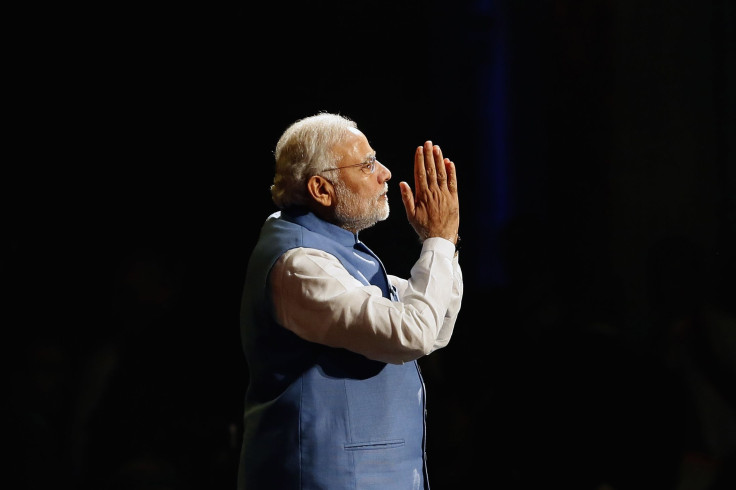Days Ahead Of Annual Budget, India Gives Its States Increased Fiscal Control

NEW DELHI: In a move aimed at overhauling the country’s internal fiscal structure, the Indian government on Tuesday said that it would accept a report by a panel, which recommends a significant increase in the states' share of federal tax revenues. This effectively marks a change in the country’s federal structure from a financial standpoint, as it increases devolution of fiscal control to the states.
India is a quasi-federal republic consisting of a federal government and 29 states, each with their own local governments. Typically, since shortfalls in states’ budgets are made good by federal grants, the states are financially dependent on the federal government.
India’s 14th Finance Commission, a constitutionally appointed panel of experts that looks at how federal tax revenues are divided among the national government and the states, had recommended that, starting from April 1, the states’ share of federal tax revenue be increased to 42 percent from an the current 32 percent.
India's Prime Minister Narendra Modi said that his government had “wholeheartedly accepted the recommendations” of the panel “although it puts a tremendous strain” on the federal government’s finances. The new tax structure will remain in effect till 2020.
In keeping with the recommendations of the Finance Commission, Indian states are likely to get Rs. 3.48 trillion ($58 billion) in 2014-15 and Rs. 5.26 trillion ($87 billion) in 2015-16.
This development, which comes just four days before the country’s annual federal budget, assumes special significance as just last year, India officially abandoned a planned model of economic development that was put in place in 1950 by its first Prime Minister Jawaharlal Nehru.
“You are aware that ever since our government came into office, I have been working to strengthen our federal polity and promote cooperative federalism. The people of the country have high expectations from their governments and do not want to wait. Therefore, since the very beginning, we have been committed to a rapid and inclusive process of growth. Looking to the diversity of the country, we understand that real and functional federal governance is the only vehicle to achieve this objective quickly and holistically,” Modi, who took office in May last year, said in his letter to the chief ministers of all the states.
In January, India replaced its 65-year-old Planning Commission with a new think tank, officially bringing to an end a socialist planned model of development that was put in place under Nehru. Modi appointed the Columbia-trained economist Arvind Panagariya as the first vice-chairman, or the executive head, of its new policy think tank NITI (National Institution for Transforming India) Aayog, which replaced the Planning Commission. Ever since India started liberalizing its economy in 1991, it had begun discarding long-term economic planning in phases.
Moreover, keeping in line with this approach, the 14th finance commission recommended that the distinction between plan and non-plan expenditure be removed.
© Copyright IBTimes 2025. All rights reserved.





















